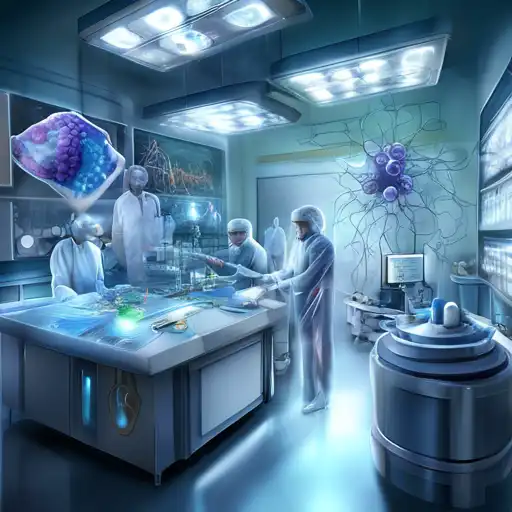Introduction to Nanotechnology in Medicine
Nanotechnology, the science of manipulating matter at the atomic and molecular scale, is set to revolutionize the medical field. With its ability to operate at the same scale as biological processes, nanotechnology offers unprecedented opportunities for diagnosis, treatment, and prevention of diseases. This article explores the groundbreaking advancements and potential of nanotechnology in medicine.
The Promise of Nanotechnology in Healthcare
Nanotechnology in medicine, often referred to as nanomedicine, involves the use of nanoparticles to deliver drugs, heat, light, or other substances to specific cells in the body. This precision targeting minimizes side effects and improves the efficacy of treatments. From cancer therapy to regenerative medicine, the applications are vast and transformative.
Targeted Drug Delivery
One of the most promising applications of nanotechnology is in the field of targeted drug delivery. Nanoparticles can be engineered to seek out and bind to specific cells, such as cancer cells, delivering medication directly to the affected area. This method reduces the damage to healthy cells and enhances the therapeutic outcome.
Diagnostic Advancements
Nanotechnology also plays a crucial role in diagnostics. Nanosensors can detect diseases at their earliest stages, often before symptoms appear. This early detection is crucial for conditions like cancer, where early intervention can significantly improve prognosis.
Challenges and Ethical Considerations
Despite its potential, the integration of nanotechnology into medicine faces several challenges. These include technical hurdles, such as the difficulty in manufacturing nanoparticles at scale, and ethical concerns regarding privacy and the long-term effects of nanoparticles on the human body and environment.
Regulatory Hurdles
The regulatory landscape for nanomedicine is still evolving. Ensuring the safety and efficacy of nanotechnology-based treatments requires robust testing and approval processes, which can slow down the introduction of new therapies to the market.
The Future of Nanotechnology in Medicine
The future of nanotechnology in medicine is bright, with ongoing research exploring new applications and improving existing technologies. As we overcome current challenges, nanomedicine is poised to become a cornerstone of modern healthcare, offering personalized and precise treatments that were once thought impossible.
Personalized Medicine
Nanotechnology is paving the way for personalized medicine, where treatments are tailored to the individual's genetic makeup. This approach promises to improve treatment outcomes and reduce adverse effects, marking a significant leap forward in patient care.
In conclusion, nanotechnology in medicine represents the next big thing in healthcare. With its ability to target diseases at the molecular level, it offers hope for more effective treatments and cures. As research progresses, we can expect nanotechnology to play an increasingly central role in medicine, transforming the way we diagnose, treat, and prevent diseases.
